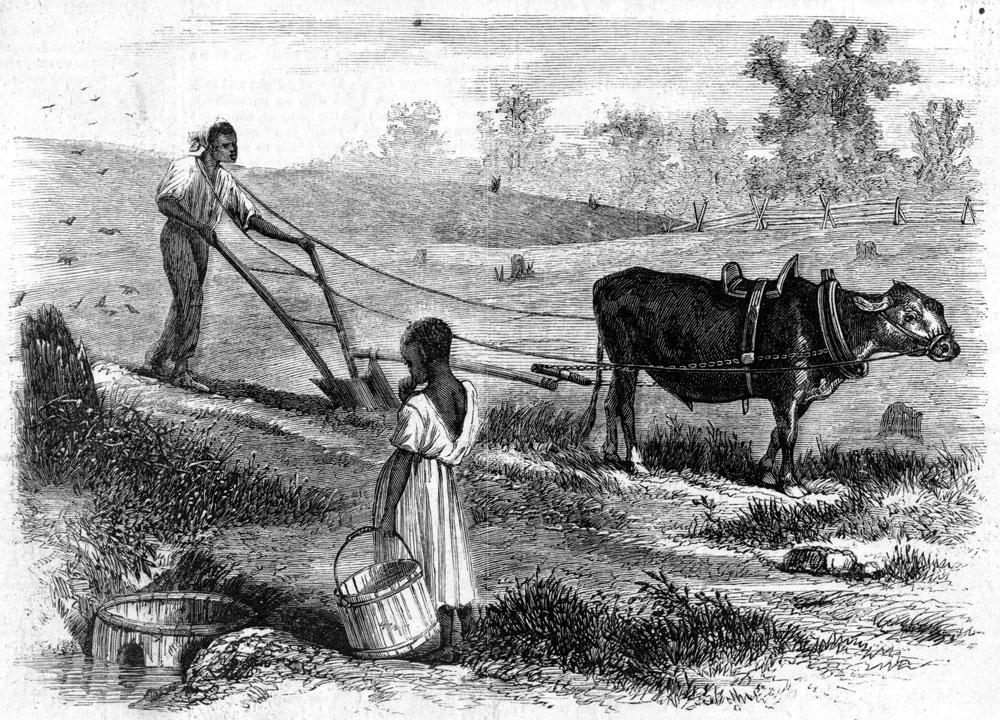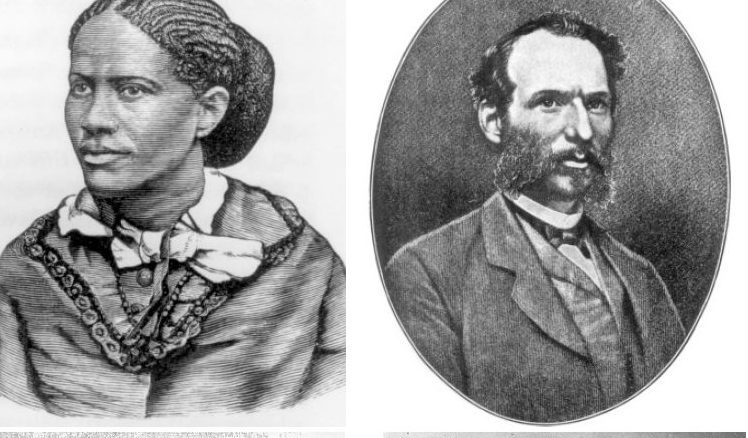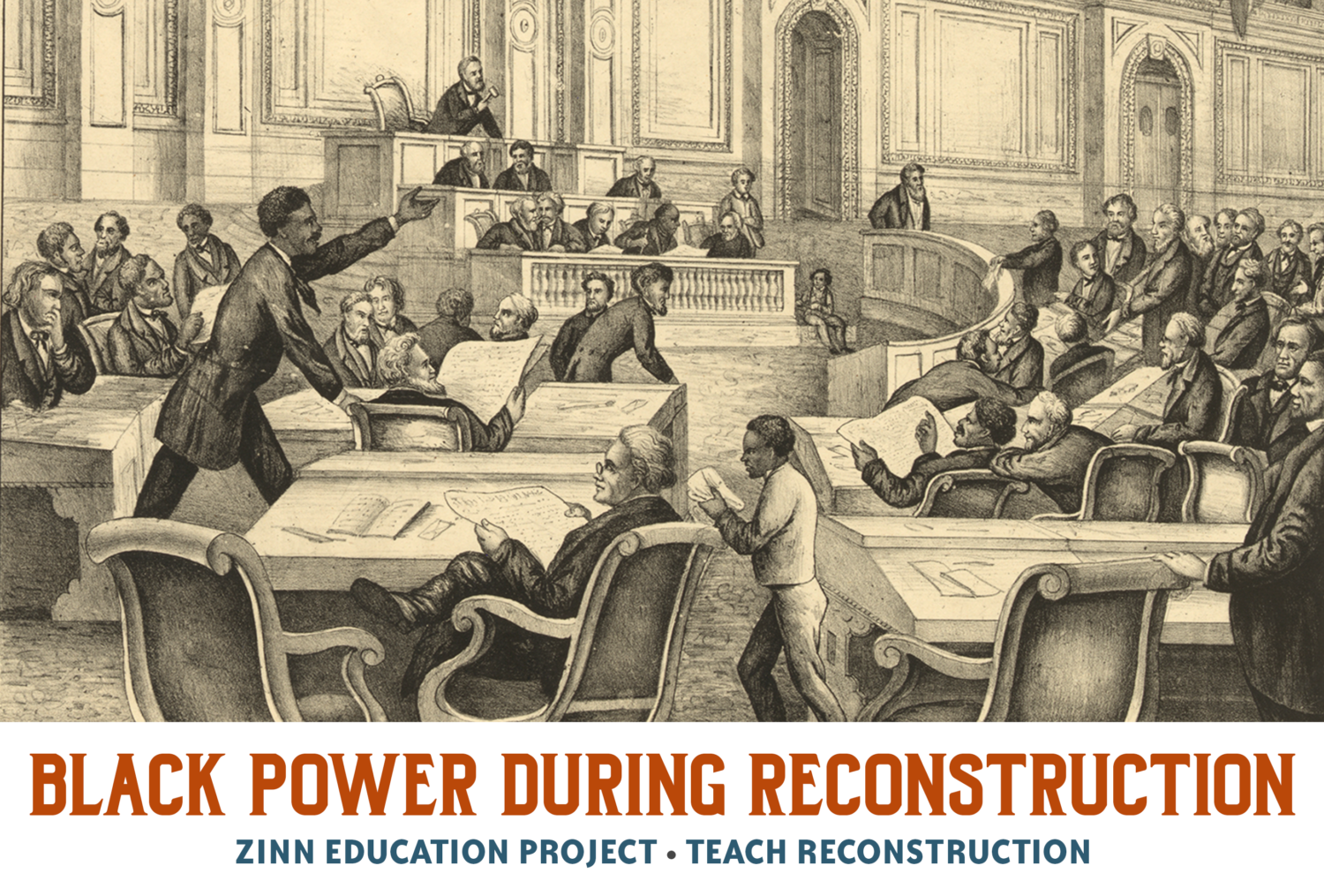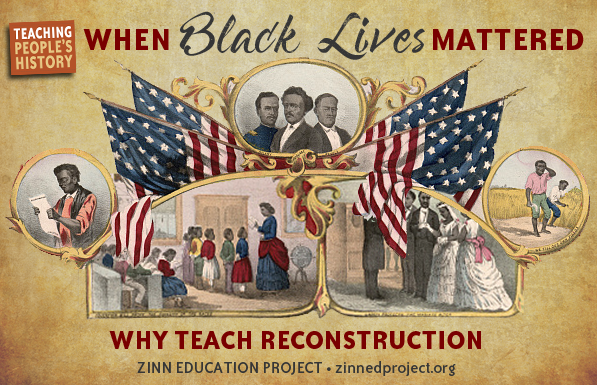I had the privilege of meeting Howard Zinn.
I was a high school history teacher at Framingham High School in Massachusetts. For years, my colleague and fellow history teacher Mark Kissling and I had been writing Howard to come visit our school. He was always gracious in his reply where he would state that he could not due to his busy travel schedule, but he always ended it with an encouragement that we should contact him again next year.
In February of 2008, Howard finally replied that he would be happy to visit our school. I had the privilege of picking him up on my way to work. We arrived at the Framingham High School auditorium about an hour before he was scheduled to talk. He asked if I wanted to grab a coffee, since we arrived so early, and we then drove to the Dunkin’ Donuts in downtown Framingham. We chatted about history and his time at Boston University (where I was a doctoral student at the time).
Full recording, by the school’s media department, of Howard Zinn’s presentation at Framingham High School.
Howard asked me if I read Rethinking Schools. I answered that I had a subscription and read it regularly. Around that time, when I learned that the folks from Rethinking Schools and Teaching for Change started the Zinn Education Project, I was incredibly excited.
There are many history education websites out there, but finally there was one that focused on the stories of the past that are often missing from the classroom.
For the past 7 years, I have been a teacher educator (first at Boston University, where Zinn was a professor, and now UMass Boston). Every semester, I introduce my students to the resources of the Zinn Education Project. In their lesson plans, I require that they include at least one voice that is often not associated with an event. For instance, if it is a lesson plan on the American Revolution, they should include sources showing the experiences of Black or Indigenous Americans. I tell them, “If you can’t find sources for a certain group, start with the Zinn Education Project.”
I have always been impressed with the resources that they offer teachers. In my social studies method course, I also try to spotlight important events that are often neglected in the curriculum. When we discuss teaching U.S. history, I usually use Reconstruction as an example of a topic that often gets briefly covered. I jokingly tell my students, “I am okay if you skip the Civil War, as long as you spend a couple weeks on Reconstruction. In all seriousness, the last 150 years of the United States were decided then.”
I then show them the resources of the Zinn Education Project around Reconstruction. It offers numerous lesson plans and resources to help students understand Reconstruction and how it influenced the events of our current times.










Twitter
Google plus
LinkedIn